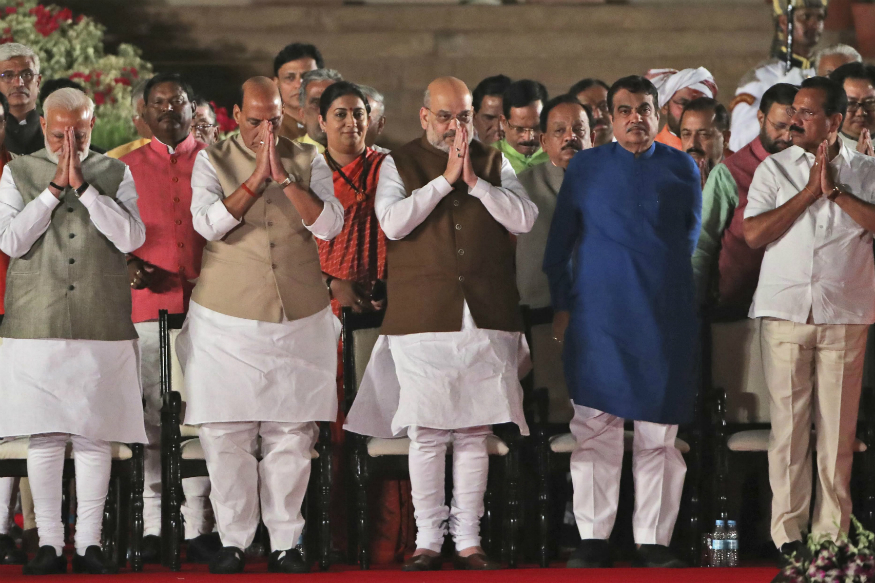OPINION | Articles 370 & 35A, Mahadalits, Bihar Clout: Spurning Single Berth Offer, How Nitish Kumar Added Weight to His Voice
Source: news18.com By spurning the single-berth offer in the Union council of ministers, Janata Dal (United) leader and Bihar chief […]
